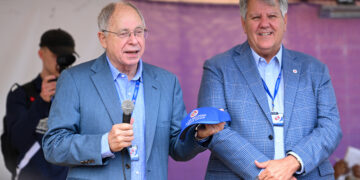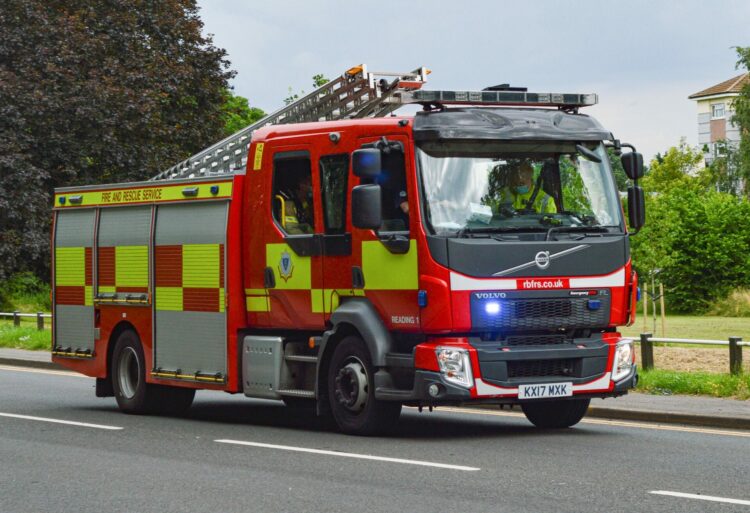THE ROYAL Berkshire Fire and Rescue Service (RBFRS) has laid out its commitment to maintaining frontline service following a refresh of its Community Risk Management Plan.
The RBFRS has implemented Priority Six of the plan, which deals with the use of its frontline fire engines, and is designed to “better align resources.”
Following the implementation, the service explains that the number of engines available remains unchanged.
It is, however, expected to save more than £150,000 and reduce the number of voluntary hours the service relies on.
It did not explain in what time frame the savings would be made.
This saving is expected to be reinvested in funding 10 additional frontline firefighter roles which were added this year.
The RBFRS has reiterated its commitment to reaching 75% of emergency incidents within 10 minutes, and has made additional changes to policy to “ensure the impact to the response standard should be negligible.”
The service will monitor the impact of the implementation daily, evaluating the impact after an initial three-month period.
These findings will be presented to the Fire Authority.
The Community Risk Management Plan was opened to a public consultation and agreed by Royal Berkshire Fire Authority in April last year.
Of those who submitted responses, 78.8% were “in overall agreement” with this change.
A number of unions in Berkshire have criticised the plan, arguing that fewer engines will be immediately available.
Mark Arkwell, Deputy Chief Fire Officer, explains: “The delivery of Priority Six will help the Service use our resources more effectively and efficiently whilst providing improved resilience and reliability of fire engine availability in the longer-term.
“Our information shows we have more fire engines available at night than during the day, and this simply means we will pay less overtime on some occasions during this period. We are reinvesting this saving into more full-time firefighter posts.
“The anticipated savings (£154k), go some way to sustainably supporting the cost of the 10 additional firefighting posts, introduced earlier this year.
“These posts should help reduce the occasions our fire engines are unavailable.”
More details about the implementation and further details about the service’s performance are available via: rbfrs.co.uk/your-service/
























